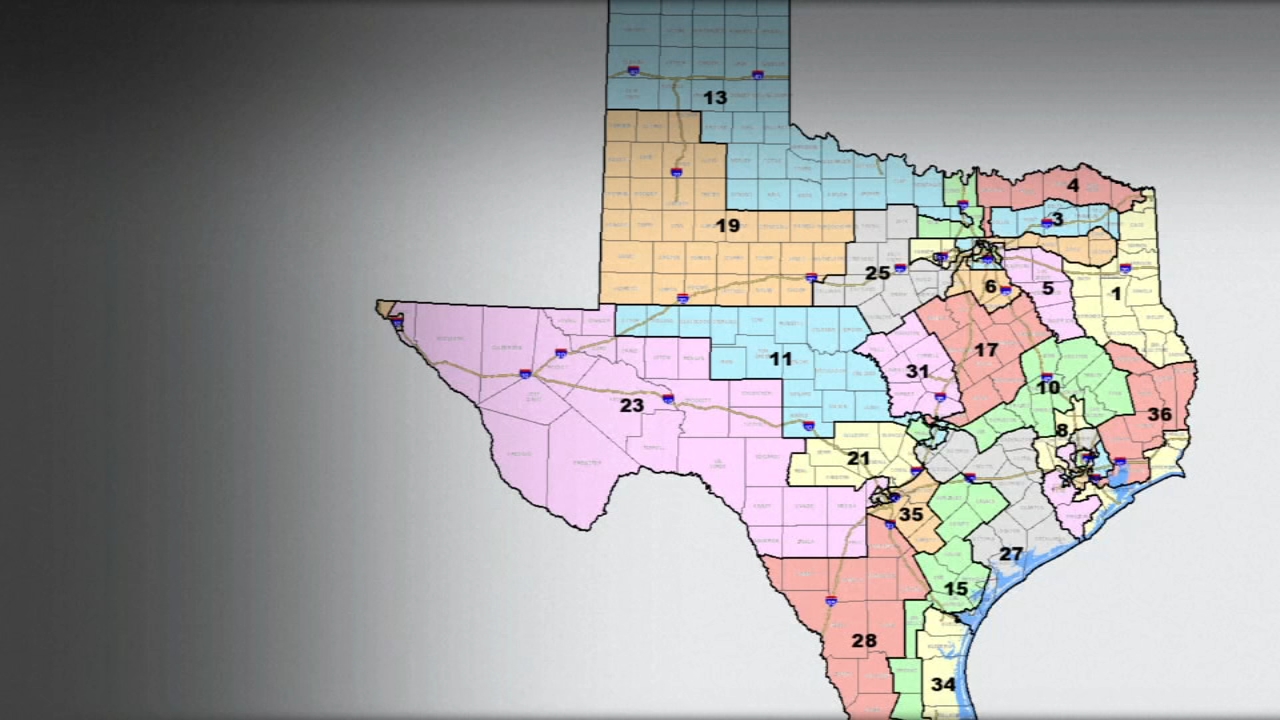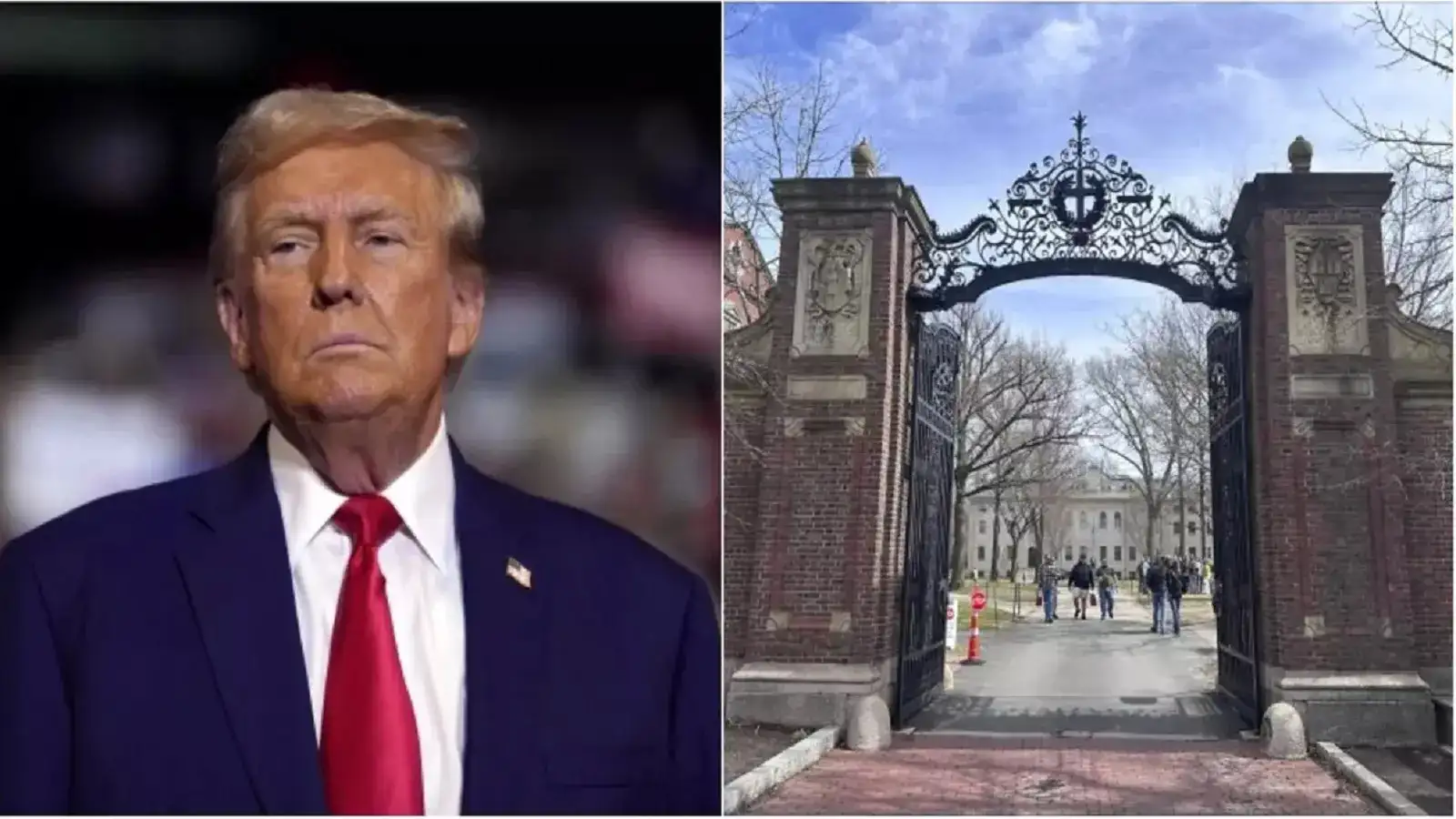In a dramatic showdown that underscores the escalating tensions in American politics, Texas Governor Greg Abbott issued stern warnings to Democratic legislators who fled the state in protest of a Republican-led redistricting effort. The standoff has thrown state politics into turmoil and sparked a national debate about voting rights, partisan gerrymandering, and the limits of political protest.
At the heart of the controversy is a contentious Republican-backed proposal to redraw Texas’ congressional districts. The redistricting plan, following the release of new census data, was seen by Democrats as a blatant attempt to gerrymander the state’s electoral map in favor of the GOP, potentially diluting the voting power of minority communities and solidifying Republican dominance for the next decade.
In response, more than 50 Democratic members of the Texas House of Representatives took the extraordinary step of leaving the state entirely, fleeing to Washington, D.C. to deny the Texas Legislature the quorum required to vote on the proposed maps. Their absence halted legislative proceedings, sparking outrage among Texas Republicans and drawing national media attention.
Governor Abbott, a staunch conservative and vocal supporter of the redistricting proposal, quickly denounced the Democrats’ move as a dereliction of duty. In press conferences and interviews, he framed the walkout as an anti-democratic stunt, accusing the legislators of abandoning their responsibilities and undermining the democratic process. He did not mince words when discussing possible consequences.
“They will be arrested the moment they step back into the state of Texas,” Abbott warned, signaling that law enforcement could be used to compel the absent lawmakers to return to the Capitol. He further suggested that the Democrats could be detained and brought to the legislative chamber in handcuffs if necessary, using a procedure allowed under Texas law when a quorum is not met.
The governor’s comments sparked outrage among Democratic leaders and civil rights activists, who characterized his threats as authoritarian and disproportionate. According to Democratic lawmakers, their departure was not an act of political cowardice but a necessary step to protect the voting rights of Texans. They argued that the Republican plan would diminish the representation of communities of color and entrench political power in ways that violate the spirit of democratic fairness.
“We’re not running away. We’re standing up,” said one Democratic lawmaker. “We’re standing up for our constituents and for democracy itself.”
By moving to Washington, D.C., the Democrats hoped to elevate the issue on a national scale and urge Congress to pass federal voting rights legislation that would curtail partisan gerrymandering and protect minority voting rights. In meetings with U.S. lawmakers, including Vice President Kamala Harris, the Texas Democrats emphasized the urgency of federal intervention.
Meanwhile, Abbott remained steadfast in his determination to press forward. He called for a special session of the legislature to continue work on the redistricting plan, signaling his willingness to keep legislators in session indefinitely until the matter was resolved. The governor also hinted at further legal or legislative actions that could be taken against the absent Democrats, suggesting that their political futures could be at stake.
The governor’s hardline stance played well among his conservative base, many of whom view the redistricting fight as a necessary battle to protect Texas’ values from what they perceive as federal overreach and Democratic obstructionism. Abbott has made no secret of his desire to lead Texas with an uncompromising hand, especially as he eyes reelection and potentially higher office.
Still, critics argue that the governor’s aggressive posture risks inflaming political divisions and undermining democratic norms. The use of law enforcement to compel elected officials back to the state, while technically legal, is seen by many as a dangerous precedent that could erode the integrity of legislative protest and dissent.
This is not the first time Texas Democrats have used such tactics. In 2003, during another redistricting battle, Democratic lawmakers similarly fled the state to prevent a quorum. That incident, too, was met with fierce criticism from Republican leaders and ended in eventual defeat for the Democrats. The echoes of that earlier fight now reverberate in the current political drama, reminding observers of the long-standing tensions over voting rights and representation in Texas.
The broader implications of this standoff extend beyond the Lone Star State. As states across the country undertake the decennial redistricting process, battles like the one in Texas are being mirrored elsewhere, with Democrats and Republicans clashing over the rules of democracy and the future of political power in America. The Texas episode is a microcosm of the larger fight for the soul of American democracy, revealing deep partisan fault lines that show no signs of healing.
As the days drag on and Texas lawmakers remain at an impasse, the question becomes whether either side is willing to compromise—or whether the political theater will only escalate. For Governor Abbott, the walkout represents a challenge to his authority and legislative agenda. For Democrats, it is a last-ditch effort to protect what they view as the foundational principles of fair representation and voting rights.
One thing is certain: the standoff has transformed what might have been a routine legislative process into a flashpoint of national political significance. With legal threats looming and federal attention intensifying, the outcome of this battle could shape not only the future of Texas politics but also the broader trajectory of American democracy.



